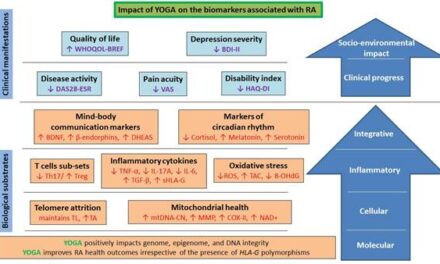
An estimated 422 million individuals globally are living with diabetes, and India stands as the second-ranking country with 101 million diabetics. Additionally, India has 315 million people grappling with high blood pressure. Healthcare professionals attribute these alarming figures to cultural shifts such as increased dining out, industrialization, urban migration, and other relevant factors that render Indians more susceptible to diabetes.
Diabetes, a chronic condition, arises when the pancreas fails to produce sufficient insulin or the body cannot effectively use the insulin it generates. This condition is manageable and preventable through a combination of dietary measures, regular exercise, and medications.
World Diabetes Day is commemorated annually on November 14 to raise awareness about diabetes, honor those affected by the disease, and expedite actions to prevent untimely deaths. This year’s theme, ‘Access to Diabetic Care,’ underscores the importance of providing necessary care to support and manage complications among diabetic patients. It serves as a platform to enhance awareness, promote healthy practices, and shed light on new medical treatments for diabetes.
Praveen Kumar Kulkarni, Senior Consultant and Internal Medicine Specialist at KIMS Hospitals, Hyderabad, emphasizes that diabetes is a significant contributor to kidney failure, heart attacks, strokes, and lower limb amputation. The disease can manifest suddenly, causing damage to vital organs such as eyes, blood vessels, kidneys, and nerves. Permanent vision loss is also a potential consequence. Kulkarni stresses the global surge in diabetes cases, with figures doubling over the past decade, posing risks associated with factors like overweight or obesity. He highlights the scarcity of insulin access despite its discovery over a century ago and underscores the role of education in preventing lifestyle patterns leading to diabetes.
G Sandeep Reddy, Consultant Endocrinologist at Kamineni Hospitals, notes that symptoms of diabetes may manifest suddenly, particularly in type 2 diabetes. Recognizing mild symptoms such as increased thirst, frequent urination, blurred vision, weight loss, and fatigue is crucial. While type 1 diabetes, characterized by insulin deficiency, necessitates daily insulin administration, the means to prevent its onset remain unknown. Reddy emphasizes the preventability of type 2 diabetes, urging early detection to mitigate its worst effects.
Parveen Sultana, Consultant General Physician at Century Hospital, highlights gestational diabetes, occurring predominantly during pregnancy. Women with gestational diabetes face an elevated risk of birth complications, and their children may be more susceptible to type 2 diabetes later in life. Sultana advocates lifestyle changes, including maintaining a healthy body weight, regular exercise, a balanced diet, and avoiding sugars and tobacco. Gestational diabetes can be identified through prenatal screening rather than relying on symptoms. Early diagnosis involves testing blood glucose levels, and management includes medications like metformin, inhibitors, and sulfonylureas, along with comprehensive health measures such as foot care, kidney screening, and eye examinations.
Discussing treatment options, Lingaiah Miryala, Consultant General Physician & Diabetologist at Amor Hospital, underscores the importance of early diagnosis in preventing the effects of type 2 diabetes. Regular check-ups and blood tests are crucial for identifying diabetes in its early stages. Miryala notes that symptoms of type 2 diabetes may be mild initially but escalate over time, often taking several years to become noticeable. More than 90% of people with type 2 diabetes are adults, but there is a growing incidence among young people. Miryala emphasizes the need for vigilance and timely intervention in managing this non-insulin-dependent form of diabetes.











